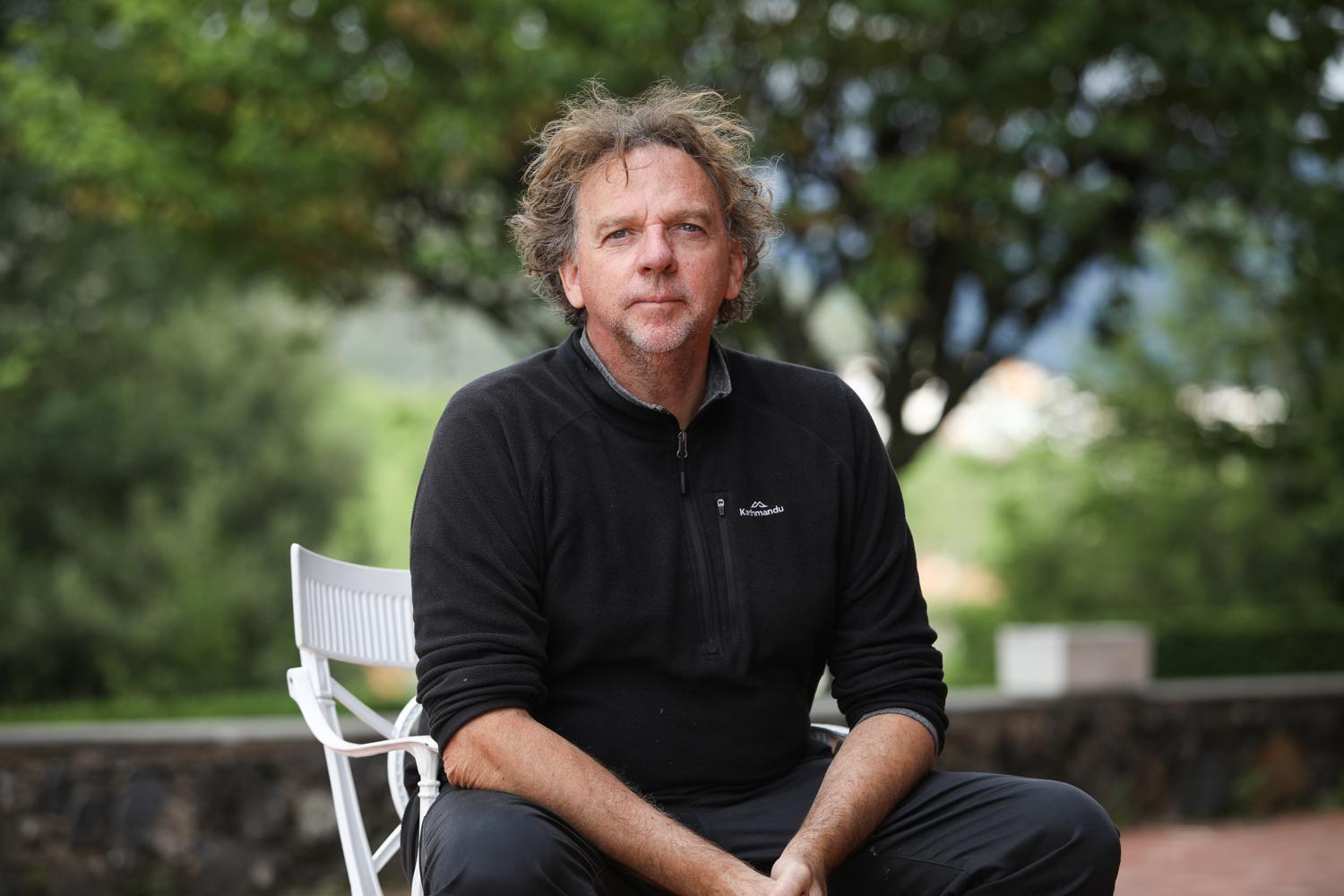Collective residencies / Beyond the Creative City: managing local arts, culture and place / Olot
JUSTIN O'CONNOR
From Thursday, 8 June 2023 to Monday, 12 June 2023

Bio
Justin O’Connor is Professor of Cultural Economy, University of South Australia. He is also visiting Professor in the Department of Cultural Industries Management, Shanghai Jiaotong University. From 2012-2018 he was Professor of Cultural Economy at Monash University. Between 2012-18 he was part of the UNESCO ‘Expert Facility’, supporting the 2005 Convention on Cultural Diversity.
Justin has produced Creative industry policy reports for the Australia Federal Government and the Tasmanian State Government, and for the Department of Foreign Affairs and Trade (DEFAT) on Creative Industries and Soft Power. Previously he helped set up Manchester’s Creative Industries Development Service (CIDS) and has advised cities in Europe, Russia, Korea and China. Under the UNESCO/EU Technical Assistance Programme he has worked with the Ministries of Culture in both Mauritius and Samoa.
Justin is the author of the 2016 Platform Paper After the Creative Industries: Why we need a Cultural Economy; co-editor (with Kate Oakley) of the 2015 Routledge Companion to the Cultural Industries and Cultural Industries in Shanghai: Policy and Planning inside a Global City, (2018). He has just published Red Creative: Culture and Modernity in China (2020) and co-edited Re-Imagining Creative Cities in Asia (2020). His new book, Culture is Not an Industry will come out with Manchester University Press next year.
Project
We will be asking what happens ‘beyond the creative city’ in endemic and post-Covid urban spaces including rural areas, small cities, satellite towns, peri-urban settlements, peripheral suburbs, and diffuse networks brought together through digital technologies. In policy and practice, creative placemaking often assumes wholly positive relationships between creative economies and local development. This follows the highly influential paradigm of the ‘Creative City’ as a strategic factor in urban planning, reproduced and transferred world-wide, but criticised for lack of place-sensitivity and for masking (and sometimes exacerbating) inequalities. The Covid-19 pandemic has generated further challenges to the Creative City model, by disrupting business models of CCIs and creating new creative geographies, hollowing out city centres, and increasing precarity, inequity, hybrid-working and a return to the hyper-local. I’ll be working with the interdisciplinary team to develop new paradigms through research and knowledge exchange, agenda-setting, policy engagement, digital and peer-reviewed outputs.
